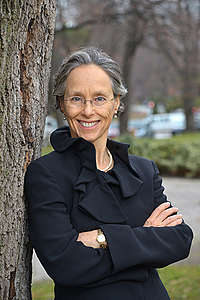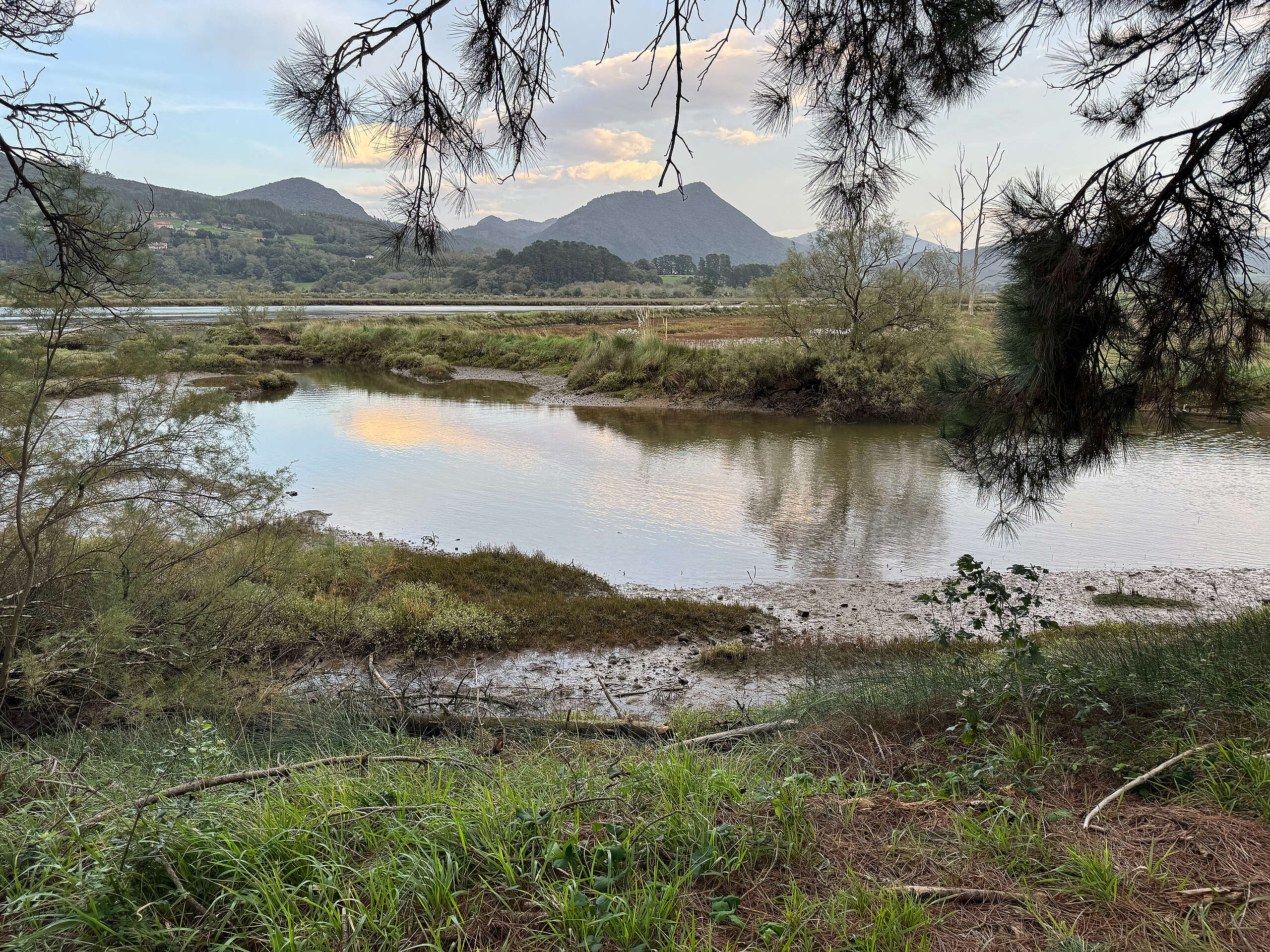More than 11,000 Ontarians participated in the Ford government’s public consultation on its Cap and Trade Cancellation Act, making it one of the largest-ever responses in the 25-year history of the Environmental Bill of Rights (EBR).
Adopted in 1993, Ontario’s EBR’s not only requires the provincial government to protect the environment, it recognized that Ontarians have the right to participate in decisions about the environment and hold governments accountable to those decisions.
But, the Ford government didn’t want to ask anyone their opinion.
It launched the consultation only after Greenpeace filed a lawsuit (note: we are still suing them over their claim that the election campaign can be considered a substitute for an EBR consultation on the July 3rd regulation that closed the province’s cap and trade market).
In the end, less than 1% of the 11,222 comments expressed clear support for the Government’s proposal, according to Ontario’s Environmental Commissioner Dianne Saxe (Update: full ECO blog post here). I read the 4,749 comments that were available online to determine the breakdown of those for and against the Act — I found only 40 comments in favour (and there were 53 where there wasn’t clear support or opposition to Bill 4).

Environmental Commissioner of Ontario Dianne Saxe
Support for the government’s action came primarily from self-identified Ford supporters, at least one climate denier and a few industry groups. It will surprise no one that government-controlled Hydro One supported it, but the legislation was also supported by the Canadian Association of Manufacturers and Exporters (which has a long history of opposing climate action), the Industrial Gas Users and the Ontario Greenhouse Vegetable Growers.
Irving Oil, Koch Industries and the Canadian Propane Association actually opposed the legislation, though their opposition was based on the government’s failure to reimburse them for the greenhouse gas allowances they had bought on the now-defunct cap and trade market, rather than for environmental reasons.
The bulk of the opposition came from thousands of individuals, including people who identified as scientists, engineers, green business owners, farmers, teachers, students, parents and grandparents. There was also opposition from environmental groups, public health organizations (the Ontario Association of Public Health Association as well as a number of municipal public health groups), the Ontario Society of Engineers and self-identified Conservative voters.
The words “appalled”, “outraged” and “vehemently” appear a lot in the comments, along with frustration that the government was repealing the existing climate legislation and programs without a new, aggressive climate plan to replace it. There are also many suggestions regarding what climate policies should be adopted to protect Ontario communities and ensure we do our part towards achieving the goals of the Paris climate agreement.
None of these comments appear to have influenced the climate plan that Ontario Environment Minister Rod Phillips introduced in December, but the furor clearly did have an impact: the Ford government eliminated the position of Environmental Commissioner of Ontario as an independent officer of the legislature.
Talk about shooting the messenger.



